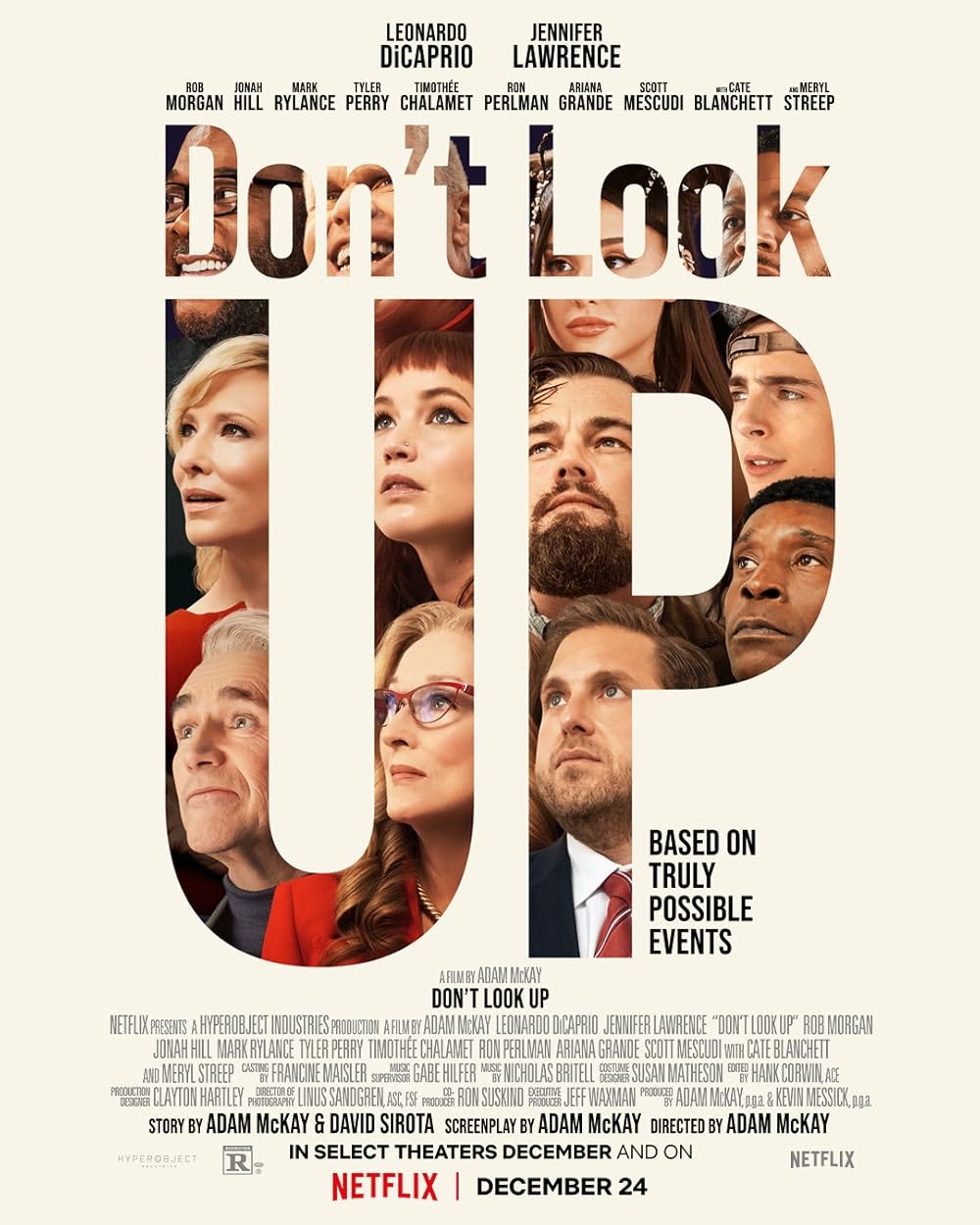The Epistemic Status Game
When exactly is bestowing expert knowledge upon the people an act of charity?
Good social analysis seems obvious in hindsight. That’s what came to my mind as I read a recent Substack post by Dan Williams. Williams alerts us to something that should have been as clear as day: our current political dysfunctions as much about status as they are about truth.
As I recognized in my book, The Divide, part of the reason why the right insists upon “commonsensical” answers to pressing problems is that it serves as a counter to the left’s attempt to monopolize scientific sounding rhetoric for political gain. Newt Gingrich demonstrated as much in a telling exchange about crime numbers. When the interviewer argued that FBI statistics showed that crime was down, Gingrich replied “As a political candidate, I will go with how people feel and I will let you go with the theoreticians.” Common sense attempts to invert the standard hierarchy of knowledge by positioning experts as out of touch with on-the-ground realities.
But I didn’t think enough about the underlying psychic drivers of educational polarization. As Williams lays out, many of our divides may not just be about mistrust of experts or the suspicion that they are wrong, but a rejection of their superior position in the status hierarchy. To accept their facts and admit one’s ignorance is humiliating, especially in a culture in which knowledge and credentials have long imparted a great deal of status. The valorization of common sense can be seen as a means to avoid that humiliation.
But I’m uncomfortable with Williams’s depiction expert knowledge as an act of charity, something that implies that it is self-evidently beneficial. I worry that that move that could make it harder to appreciate the full magnitude of the challenges we face in squaring scientific guidance with democratic politics.
The Epistemic Status Game
It certainly seems like humiliation is the goal of much of public discourse. Recall the retired political science professor telling the world via X about how she giddily bragged to a liquor store employee that Kamala was winning the election and that he “wasted his vote” and “[she] didn’t care,” laughing as she walked out with a bottle of champagne. Or consider the sheer glee in the eyes of one TikToker telling the Afrikaaners brought to the United States by President Trump that “[they’ll soon] get to be the cheap exploited labor,” justifying his spitefulness by noting that they are merely “racist, bigoted, colonizers who wish they could go back to apartheid South Africa.” And much the same characterizes the conspiracy theorists eye-rolling at the sheeple who trust mainstream institutions.
Whether in the social media practice of “dropping truth bombs” or the rhetoric that someone’s argument “got destroyed,” modern public debate is increasingly about humiliation rather than enlightenment. It’s about the joy that is felt when seeing someone you disagree with gets embarrassed and demeaned. To be misinformed in society so awash in information and so fanatically preoccupied with knowing the Truth is to suffer from a moral failing, one worthy of derision and scorn.
This should be familiar to anyone who has watched a minute of the show Last Week Tonight. Every fact is presented in order to mock those who either don’t know or deny it. Audience laughter, the host’s self-deprecating comments, and non sequiturs posing as jokes provide an infotainment façade over what is really a sermon, a lecture that would otherwise come off as self-important and snide as a fire-and-brimstone preacher’s attack on those who reject the gospel.
That attitude explains why so many of the argumentative strategies aren’t so much about actually arguing but rather trying to set people up to be pilloried for the transgression of ignorance: failing to follow woke (or antiwoke) language guidelines or neglecting to give sufficient heed to the *right* experts, whether they be self-appointed representatives of minority groups or so-called “ordinary Americans”
Episode 3 of the Netflix series The Chair gives a great depiction of how this goes down. In this episode, an English professor tries to explain to a crowd of students that he did Nazi salute in his class as partly a joke and partly for rhetorical effect, but they’re not interested in explanations. They pepper him accusations, “You’re saying that we misrecognized the Nazi salute?”, “Are you comparing yourself to Hannah Arendt.” He misreads the room, because an intellectual culture modeled on social media isn’t interested in understanding but rather on bringing him down the status hierarchy (and themselves up).

In any case, the point of Williams’s post is that educational polarization can be explained in part as part of a status game: “It is, in part, a proud refusal to accept epistemic charity from those who present themselves as social superiors.”
As such, valorizing common sense can be seen a countermove to the political scientism of the left. Recall, the haughty phrase since the 2000s that “the facts have a liberal bias” or Joe Biden’s electoral claims that Democrats were “the party of science.” As Jan-Werner Müller noted, taking up the mantle of common sense is a strategy to render one’s position “immune to empirical refutation.” The rhetoric of commonsense reverses the hierarchy of knowledge in the effort to invert the power structure in a world evermore reliant on professional expertise.
Epistemic Charity
Williams frames the turn toward common sense as a rejection of a kind of charity. He draws a comparison to The Brothers Karamavoz, in which the main character, Alyosha, offers a hefty sum to compensate a man, Snegiryov, who was just humiliated by Alyosha’s brother. The money would end many of Snegiryov’s troubles, but he decides instead to crumple up the banknotes and stamp on them with his feet. He’d rather continue to suffer the humiliation of accepting Alyosha’s charity.
The metaphor is brilliant and insightful, but I worry about whether it can also mislead us. Certainly it’s tempting to see the far-right’s rejection of measles vaccines as a refusal of a scientific wonder (issues of institutional trust notwithstanding). But I wonder how many cases of epistemic rejection can be fairly depicted as simply “short-sighted and self-destructive.”
To be fair, Williams acknowledges that institutional expertise hasn’t been as reliable as it should be, and that resistance builds upon the recognition that those institutions are often “dominated by a single social class and political tribe.” But he argues that “there is no alternative to credentialed experts in complex, modern societies.”
But I don’t think Williams gives enough emphasis on negatives or unintended consequences of charity, or that epistemic charity is sometimes being paid in bills whose value is overinflated or even counterfeit.
That’s not to say that the charity metaphor couldn’t still work. Monetary charity is often harmful. Some African economists argue that decades of aid to Africa has undermined local sovereignty, fueled corruption, and driven “The deterioration of the state-citizen relationship.”
Another comparison might be the “debt for nature” swaps. The forgiving of debts of South American countries in exchange for setting aside land for conservation is an act of charity, since developed nations don’t gain anything monetarily in return. But, as a consequence, biodiverse developing nations lose some degree of sovereignty in deciding how to govern their own public lands. The act of charity seems more like selling part of your house to settle with a collections agency.
Some cases of epistemic charity are similar. The environmental left often acts as if there were no losers to their desired climate policies, just two kinds of winners: those who know they are winning and those too ignorant to see it. Yet, you have Naomi Klein arguing in a major American magazine that climate change “supercharges the pre-existing case for virtually every progressive demand on the books, binding them into a coherent agenda based on a clear scientific imperative.” In this case, accepting epistemic “charity,” or liberals’ understanding of what climate science means, is to put oneself on the hook to endure unwanted political changes. The charity comes with clear strings attached.

I don’t think Williams would deny that this misuse of epistemic charity both happens and is problematic. I think what rubbed me the wrong way is that when most people hear the word charity, they think of a self-evident good. And his framing implicitly excludes a large middle, that expertise is being rejected wholecloth, and it is common sense that is replacing it.
That presentation doesn’t set well with me, because what we are most often dealing with in the political world are hybridizations of expertise and common sense. As much as environmental leftists see themselves as being on the side of the facts, their politics is often as much about using partial science to turn an apocalyptic story about the planet into environmental common sense. As Roger Pielke Jr. has found, a completely unrealistic climate scenario, RCP 8.5, continues to dominate magazine and science journal articles, despite becoming increasingly farfetched year after year.
And that hybridization works in the other direction too. Modi’s populist government in India, as a recent book argues, hasn’t removed experts from the levers of power but instead established a form of technocratic governance aligned with their values. They are trying to make use of big data in governing. And the Hindu right hosts policy conferences and intellectual festivals. While populist movements tend to call for returning power to the people, in practice it seems that their real complaint is that the wrong elites and experts are in charge.
Which Epistemology? Whose Charity?
The more that I dig into knowledge controversies, whether it be climate change, biodiversity loss, or nuclear energy, the harder I find it to maintain such a clear distinction between expertise and common sense. Even something as simple as traffic engineering has been shaped by storytelling, often underexamined ideas about what roads are supposed to accomplish and who is to blame for accidents. COVID-era restrictions, like masking mandates that were temporarily paused once a person sat down to eat, seemed motivated by a common sense not shared by most people. Empirical studies within sociology has been long driven by an unspoken idea of the sacred, “a secular salvation story” about what it means to be an emancipated human being.
That said, it is clear that Williams’s intended target is the Trump administration, whose “revolution of common sense” doesn’t even seem to have alternative experts to point to. Experts aren’t (yet) being replaced in Washington. Their positions are simply being eliminated. It’s risky, however, to let that extreme case define the dynamics between expertise and populism more generally.
Still, my worry is that, even if the framing of epistemic charity can be made more nuanced than it seems at first, it can to easily lead us astray, for it ends up implying that useful knowledge runs in one direction: from (hopefully honest and circumspect) experts to the public. In cases like climate change, COVID, and contemporary sociology, we might see just as well see experts as often failing to graciously accept the epistemic charity of their “common sense” critics.
I still think Williams’ is largely correct to see the avoidance of humiliation as a big driver here. Yet, I think what might make the epistemic charity of some experts so generative of resentment is exactly that it is too often built upon an unspoken common sense, one obscured by appeals to authority or complex models. The humiliation comes not simply from sometimes being faced with the prospect of admitting that someone from “the other side” is right on a matter of fact, but that that epistemic charity gets inappropriately framed as beyond reproach. It isn’t merely perceived inferiority that is so enraging but rather inferiority running concurrently with political unfairness. What we need most are ways to make expert knowledge more responsive to common sense objections.








Great post - I mostly agree, I think